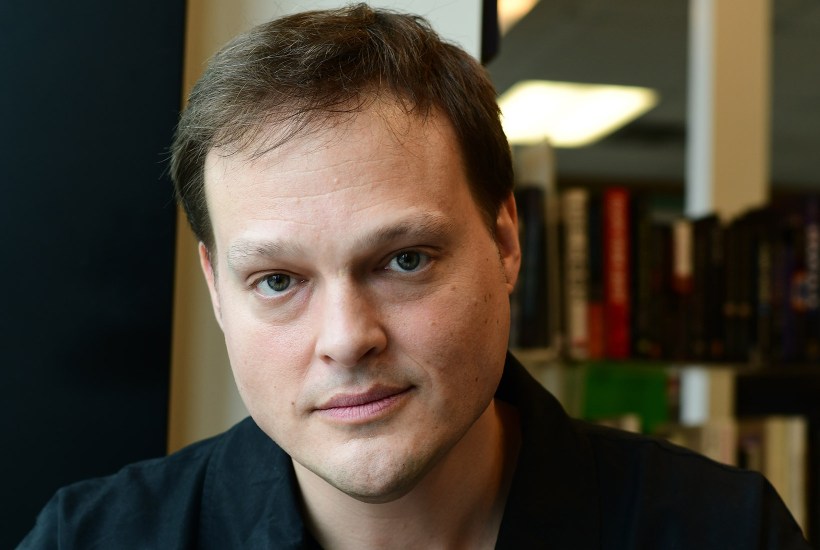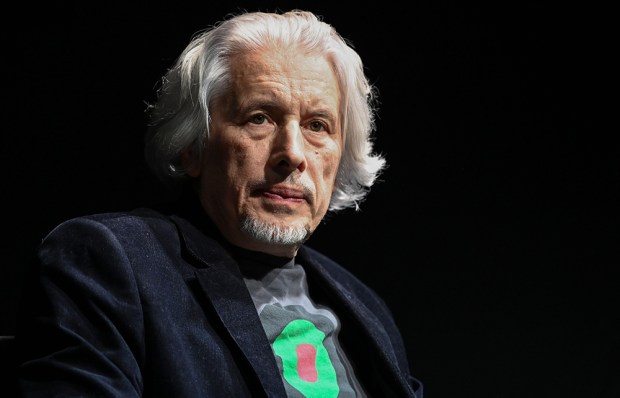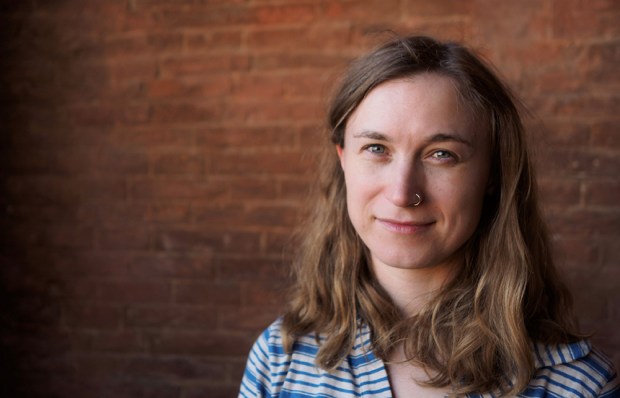In Henry and June, Anaïs Nin asks her cousin Eduardo if one can be freed of a desire by experiencing it. ‘No,’ he says. ‘The life of freed instincts is composed of layers. The first layer leads to the second, the second to the third and so on. It leads ultimately to abnormal pleasures.’ A hunger sated only uncovers a darker, more rapacious need. There is no endpoint to desire, no fulfilment that can snuff it out entirely.
The protagonist of Cleanness, a novel in the form of connected short stories, is an American teacher living in Bulgaria who will be familiar to readers of Garth Greenwell’s much lauded 2016 debut, What Belongs to You. Our teacher seems doomed to play every role in the lover’s repertoire, with some pleasure, yes, but with little or no satisfaction. In the opening story he is merely the conduit for a young man’s confession to the unreciprocated desire he feels for another boy. In the next, he is on the floor of a sadomasochist’s apartment being spat at and pissed upon. In a later story, he switches roles and dominates a sexual partner. The second section of the book sees a more traditional portrayal of romantic love, but his longing for abasement is never far from him.
Greenwell is a great stylist, with the tone and structure of his sentences shifting each time his central character changes position in the narrative. Here he describes him being with a student at a public protest:
We passed the entrance to the underground passageway, where there was a metro stop now, still new, and also the toilets where men went for sex, where I spent so many weekend evenings; walking with my student I felt the weird dissonance of my private and public selves.
In a single sentence he manages to juxtapose these ideas in such a way as to create a shiver of recognition in the reader.
In the final story the teacher enjoys a night out with two of his students before he leaves Sofia. The more he drinks, the more his professional and sexual boundaries melt away. He berates himself for his desire for one of the young men. But all his reflection and self-flagellation cannot assuage his guilt, or the reader’s sense that there is something deeply predatory about his behaviour. ‘I had leered at him, I had touched him, I had been a caricature of myself, I thought, but that isn’t true. I had been myself without impediment.’
Greenwell recognises that even these darker proclivities exist somewhere on the spectrum of sexual desire and as such are part of who we are.
Got something to add? Join the discussion and comment below.
Get 10 issues for just $10
Subscribe to The Spectator Australia today for the next 10 magazine issues, plus full online access, for just $10.
You might disagree with half of it, but you’ll enjoy reading all of it. Try your first month for free, then just $2 a week for the remainder of your first year.














Comments
Don't miss out
Join the conversation with other Spectator Australia readers. Subscribe to leave a comment.
SUBSCRIBEAlready a subscriber? Log in